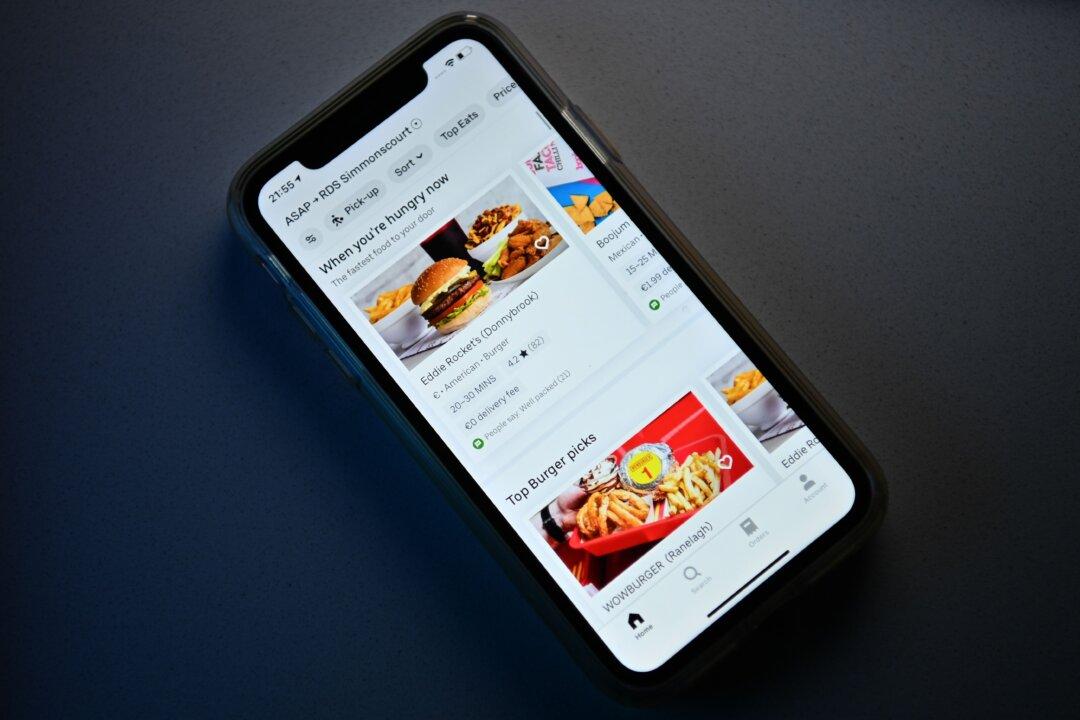Researchers at South Australia’s Flinders University have found that by listing healthy food items first in an online menu, women were much more likely to make healthier choices.
The team sought to discover whether menu placement impacted selections and could encourage healthier eating. They asked participants to choose from one menu which contained snack items placed in order of healthiness, and a second menu where items were not ordered.





